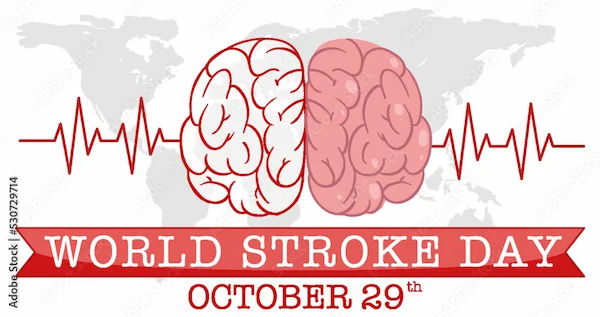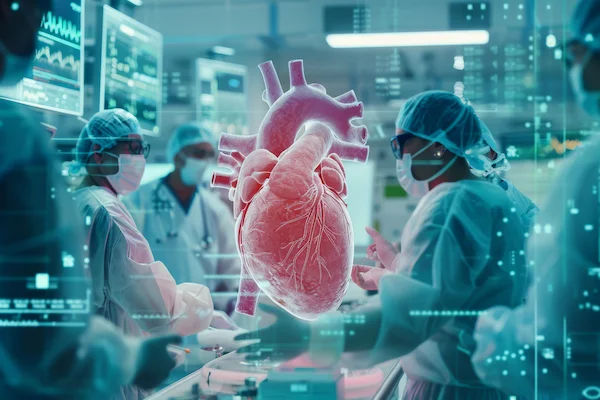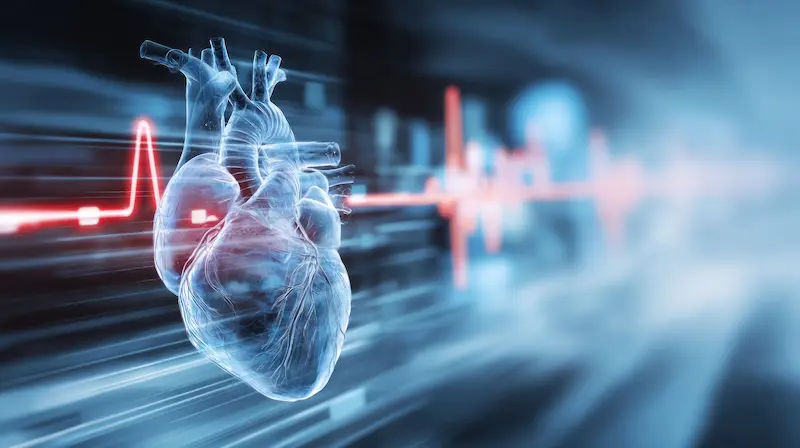- Male
- 20 Years
- 29/01/2025
Is it normal to feel like my heart is pounding really hard when I'm exercising? It feels like my heart's just doing a crazy workout on its own, almost like I can hold it in my hand. When I checked, my heart rate was between 130-140 during a heavy workout. I'm 20 and I do have high cholesterol. I had an ECG and echo done back in May, and everything seemed okay. But when I'm resting, my heart rate drops to about 50 bpm and it doesn't feel heavy at all. It's only happening when I'm working out. Should I be worried and stop doing these intense exercises?
Answered by 1 Apollo Doctors
It is not uncommon to feel a heavy heartbeat during intense exercise, especially when your heart rate is elevated. Given your age and previous normal cardiac evaluations, it is less likely to be concerning. However, if you continue to experience discomfort or if the symptoms worsen, it may be advisable to modify your exercise routine. To help manage your symptoms, you can consider taking a beta-blocker medication like Metoprolol at a low dose before exercise to help control your heart rate and reduce the sensation of a heavy heartbeat. It is important to consult with your healthcare provider before starting any new medication. Additionally, focusing on aerobic exercises within your target heart rate zone and gradually increasing intensity may also help in reducing the sensation of a heavy heartbeat during exercise.
Dr. Dr Khaleel Suggests...
Consult a Cardiologist
Answered 04/07/2025
0
0

More Cardiology Health Queries
View allI've accidentally taken two tablets of Olmesar 40 mg instead of one. Should I be worried about any side effects or issues? What should I do now?
U can take one tablet only for the next dosage..
Answered by 1 Apollo Doctors
In my air force medical exam, they said I'm unfit because of something called a CVS review. I'm pretty worried about what this means for me. Can you explain what CVS review medical unfitness is all about? Is it a serious issue?
take treatment
Answered by 1 Apollo Doctors
My sister's been having mild chest pain for the past couple of days. She got an ECG done, and while the doctor said everything was normal and it's due to acidity, I'm still a bit concerned because the ECG mentioned something about right axis deviation. Is this something we should be worried about? Can you shed some light on this?
yes acidity , u can take tab pan d oraly ,before food for 10 days ,avoid spicy foods..
Answered by 1 Apollo Doctors
Disclaimer: Answers on Apollo 247 are not intended to replace your doctor advice. Always seek help of a professional doctor in case of an medical emergency or ailment.





